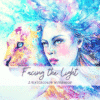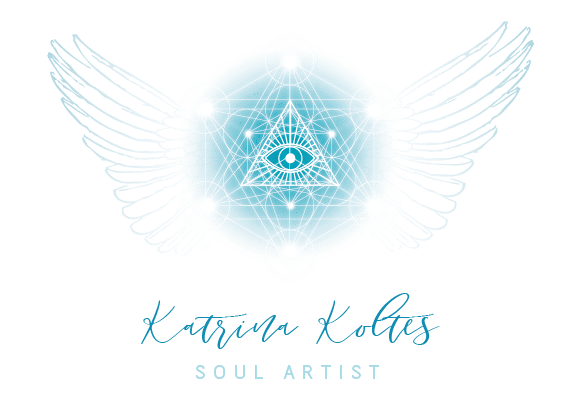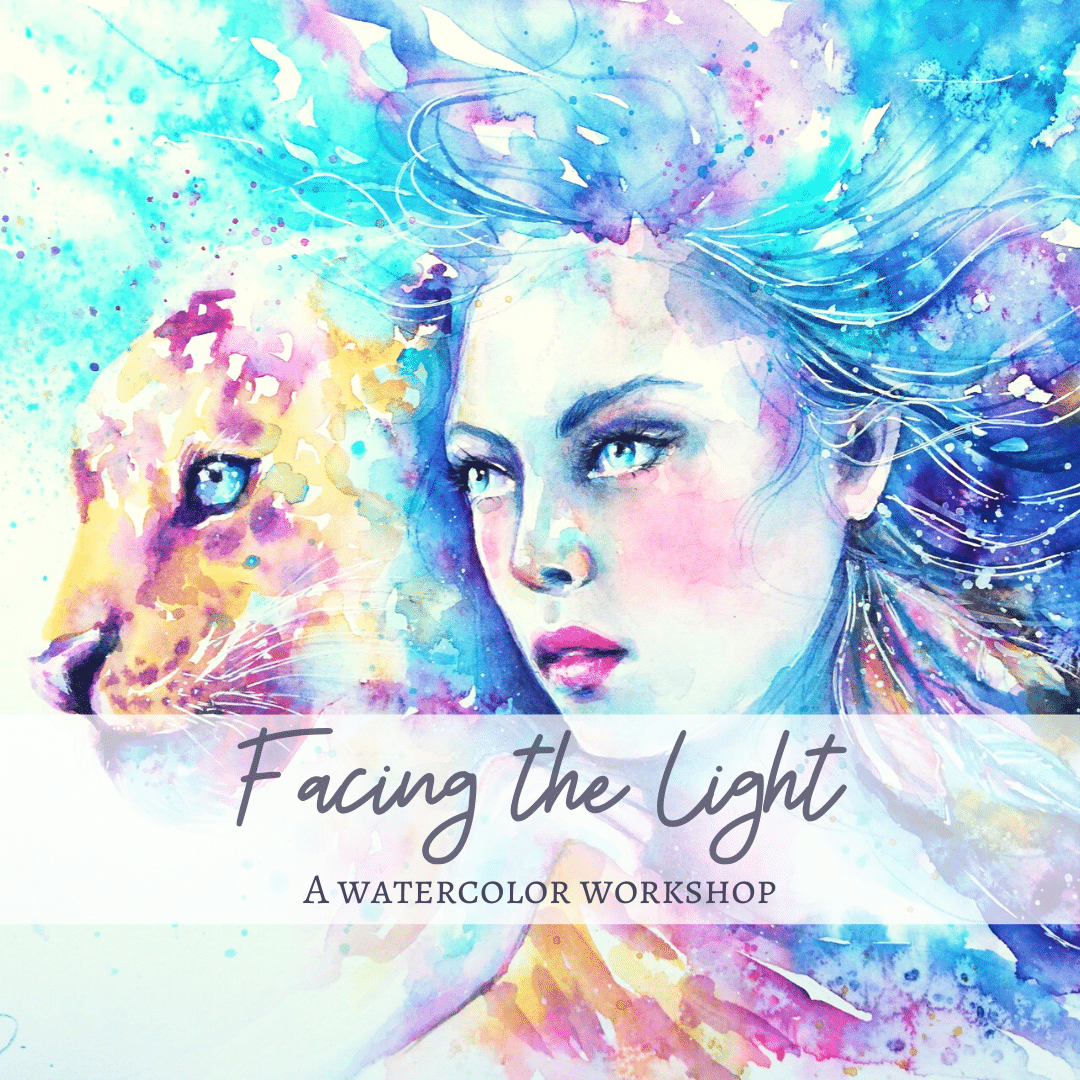
Would you like to loosen up with your watercolors and create more expressive and spontaneous paintings?
In this workshop I show you my fun techniques on how I like to stay loose with while creating beautiful skin tones, and expressive splashes of color.
I will also show you various tips on choosing a cohesive color palette to avoid creating mud.
There is also a mini bonus lesson where we incorporate expressive line work with our watercolor to create variety.
There are a total of 2 lessons (1 in-depth lesson + 1 mini lesson) with 2 hours and 40 minutes of content + a printable supportive PDF.
All the videos are downloadable and you have lifetime access.
After you sign up, you can instantly access your class from your personal classroom.
WHAT WILL YOU LEARN IN THIS CLASS:
- Various watercolor techniques
- How to avoid making mud
- staying loose and spontaneous
- Choosing a cohesive color palette
- creating luminous skin tones
- Painting an animal in watercolor
- Painting a 3/4 frontal portrait
- creating a profile portrait
- Incorporating line work with ink pen
- Creating variety and interest
- And so much more!
WHAT KIND OF SUPPLIES TO I NEED FOR THIS WORKSHOP?
YOU DON’T HAVE TO GO BUYING EVERYTHING ON THE LIST, MANY THINGS MIGHT BE SUBSTITUTED FOR MATERIALS YOU ALREADY HAVE! BELOW IS A LIST OF TOOLS I WILL BE USING, ALONG WITH LINKS. DON’T HESITATE TO ASK IF YOU HAVE ANY QUESTIONS
- Watercolor paper (I used a 9×12″ Fabriano hot press for the main lesson, and 9×12″ Canson cold pressed for the mini lesson – but you can also use your watercolor or mixed media journal)
- Pencil & eraser
- Watercolors: You only need a few colors of your choice. These are the ones I used in tubes – Daniel Smith: Quinacridone gold ( a golden yellow), Rose of ultramarine (warm, bright purple) , Bloodstone Genuine (dark purplish brown; or black is fine too). Windsor & Newton: Cobalt turquoise light (teal), Phthalo Turquoise (deep turquoise), Opera Rose (bright pink), Permanent Rose (darker pink), and a bright green and purple.
- Paintbrushes: A large round and a fine liner for details
- Palette for mixing colors
- Water jar, napkins, salt, old toothbrush, straw
- White goauche or acrylic + white gel pen or sharpie
- Color pencils of the same tones as your colors, plus black
- Dip pen with wide + black acrylic or indian ink (optional)
- fine line black fountain pen

